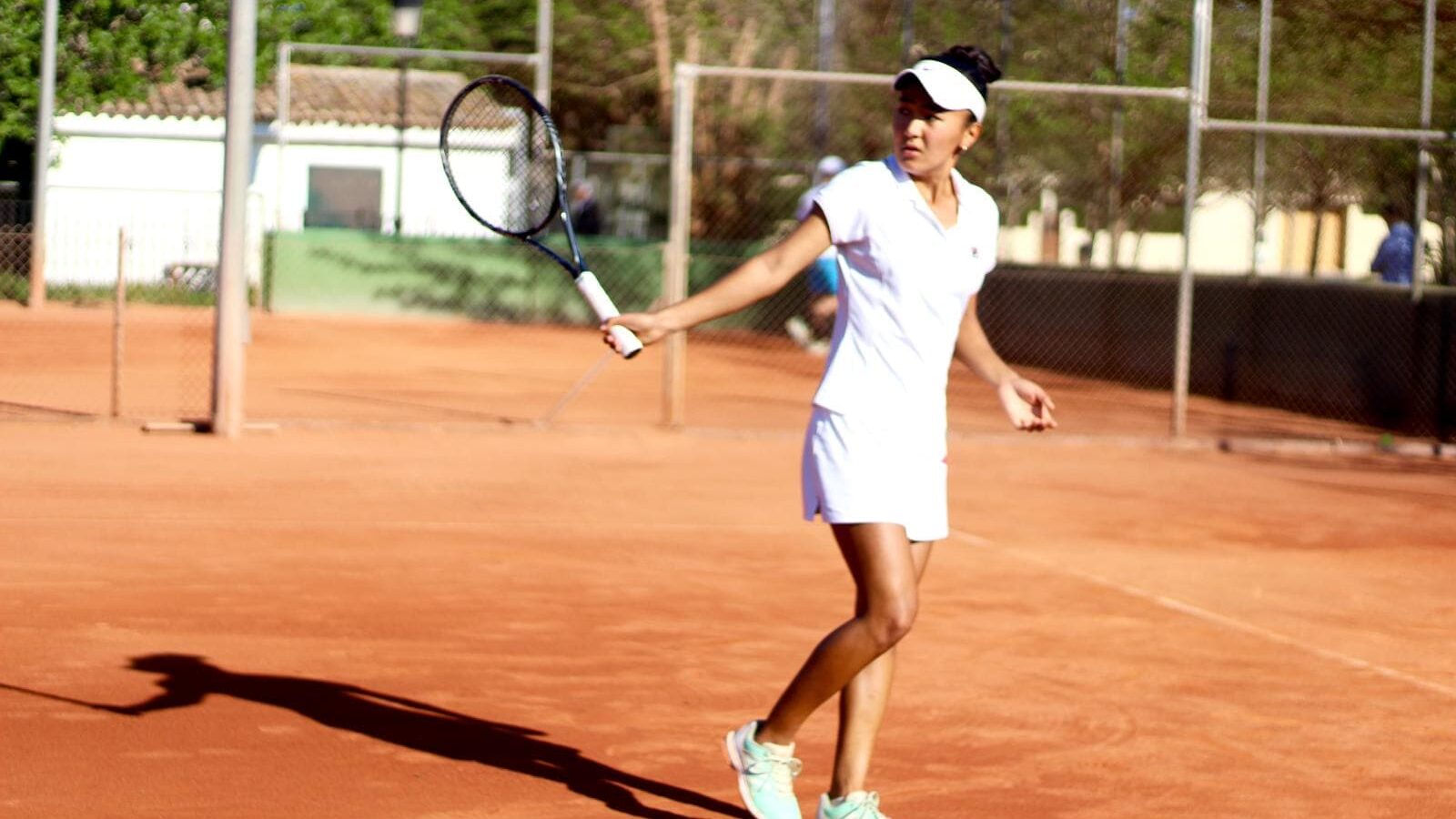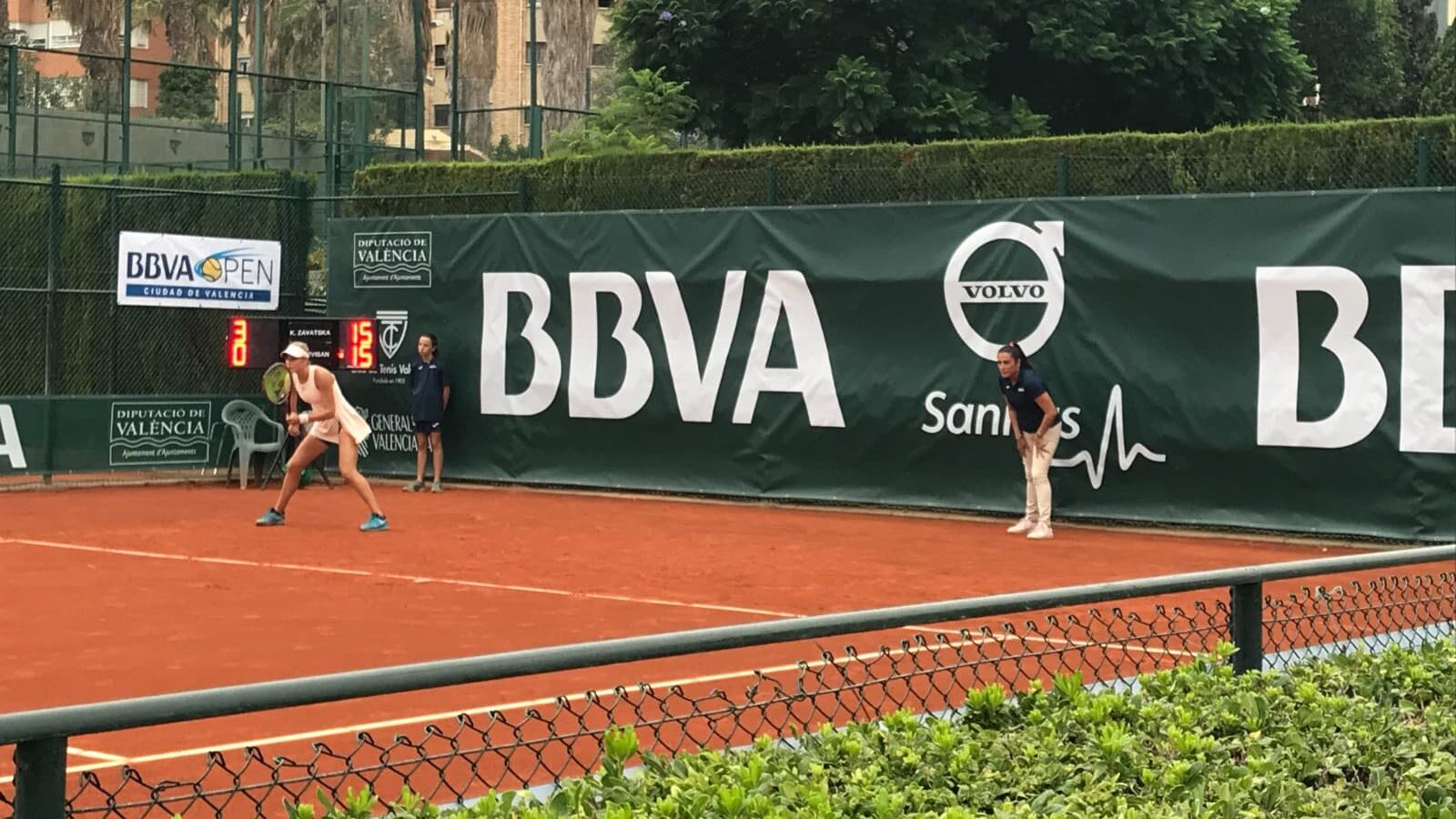We all know how important the psychological aspect is in tennis. Tennis is a physical and mental game at the same time. Physical performance is often greatly dependent on your mental and emotional state. But mental health is rarely discussed in our sport, despite 99% of tennis players experiencing or experiencing depression, anxiety, frustration, feelings of helplessness and, in some cases, even suicidal thoughts at some point in their careers. I strongly believe that the more we talk about this important topic and the more attention we bring to it, the more athletes will have the opportunity to develop a healthy mindset and truly enjoy the sport we all love.
Pressure: Mental health issues in professional tennis
Let’s start from the beginning. Tennis, like other high-performance sports, is a very demanding sport. Typically, players begin devoting all their time to tennis around the age of 14, when it becomes difficult to balance studies, daily school attendance, training, tournaments and international travel. Many players already live in tennis academies 24/7. Some academies offer you the possibility to continue your studies within the academy, while others allow you to study online. This means that you need to prioritize and commit to your choices from a very young age. Studying online after a full day of training requires a lot of dedication and double the effort. Add to this the pressure on yourself to perform well in tennis and excel at school. Often the pressure comes from parents. Players know that tennis is an expensive sport, and they feel their parents’ expectations when they see them investing a lot of money. Some parents are demanding At this age, some players have sponsors, and there are expectations not only from sponsors but also from their families, the tennis community, and rankings. In addition to being away from home most of the time (sometimes even living in other countries), players have ambition and a desire to win. You work very hard every day and want to see results. All of this is heavy at such a young age. Few players can handle this level of pressure.

Then come to the tournament. There is a lot of tension and competition. Everyone wants to win. On the court, you are alone, facing an opponent who will do everything possible to beat you. The pressure is enormous. There’s a lot at stake: points, rankings, money spent, tournament participation, etc. The results will affect your contract. Sometimes you win, sometimes you lose in the first round and go home. disappointed. You left feeling defeated because you played poorly or because another player was better. Inevitably, injuries will occur at some point. You could go months without competing. You have to start from the beginning. Some players suffered multiple injuries and had to start over again and again. It’s mentally difficult. Doubt consumes you. You can watch other players compete and win, but you can’t even step foot on the court.

Behind the scenes: A story about mental health issues
Tennis is a sport of mistakes. Once you step on the court, you have to solve problems. There are a few obstacles. The net, the lines, returning your opponent’s shots, the opponent doing everything to make you lose. Sometimes the ball bounces hard, the wind blows, or you may not be physically at 100%. To win, you need to take initiative and continually find solutions. Just hitting good shots isn’t enough. You need to be able to find your opponent’s weaknesses, be smart, aggressive, emotionally stable, and not get discouraged when you make inevitable mistakes. In our society, most people are afraid of making mistakes and consider them failures. But in a tennis match, you make a mistake almost every 30 seconds for hours until the match is over. Can you imagine how quickly your mind has to work to process all this during a game? And this goes on every day, almost 365 days a year. And let’s not forget the audience. You should always perform in front of an audience that is not on your side. People judge you while you play. In their eyes, if you lose, you are a bad person. If you win, it’s good (in tennis terms). If this mindset influences you, your life will be a roller coaster. Because there are many things that are out of your control. Especially what people think of you and your tennis. It is important to separate your values from your results. Otherwise, you will become mentally exhausted and often think about quitting tennis.

Now let’s talk about the top 10 players in the world. They are under media surveillance 24/7. Every loss raises doubts about the next victory. If you win, they don’t let you enjoy the victory and ask you if you want to keep winning or if you think you’ll make it to the finals. They also like to compare. “At your age, so-and-so has already won tournaments like this, but you haven’t won yet. Do you think you can achieve the same results?” In interviews, they often predict, “If we win this match, our ranking could rise this much, but if we lose, there is a risk of falling out of the top 10.” If the player does not have a strong and stable mentality, all these questions and comments will create doubt and add pressure. You are constantly being evaluated. And the higher the ranking, the greater the pressure and expectations from sponsors, fans, etc.
Many players outside the top 100 travel alone because they cannot afford to take their entire team to a tournament. It’s hard because you’re almost always alone – on the road, in a hotel, on the court. Loneliness combined with pressure and demands will eventually explode and take a toll on the player.
Moving Forward: Building a Healthy Tennis Culture
As we reflect on the harsh realities of mental health in professional tennis, it is important to look forward with determination and hope. The challenges are clear, but so are the opportunities for meaningful change. It is time for tennis to adopt a more compassionate and supportive approach to the mental health of its players at both professional and amateur levels.

Above all, we need to normalize conversations about mental health in tennis. Players should feel free to share their struggles and seek support without fear of judgment or exclusion. Sports organizations, coaches, and veteran athletes are critical to creating a culture of openness and acceptance.
We also need to implement practical measures to improve access to mental health resources in tennis. This means counseling and emotional support services at professional and junior levels. Athletes should have access to mental health professionals who can help them develop effective coping strategies and promote their overall well-being.
Education is also basic. Everyone involved in tennis, from players to coaches and parents, must understand the unique mental health challenges of the sport and be prepared to provide appropriate support. In this regard, awareness and training programs can play an important role.
Finally, building a healthier tennis culture requires a collective and sustained effort. Everyone has a responsibility to prioritize emotional well-being and create an environment that promotes resilience and personal growth.

By working together to tackle mental health issues in tennis, we can create a more inclusive, compassionate and sustainable sport for future generations of players. The time has come to break the silence and prioritize mental health in professional tennis and everywhere else. It is important to remember that mental wellbeing is fundamental to long-term success in tennis and life. By prioritizing mental health, we improve on-court performance and build stronger, more supportive communities within our sport. Together we can make a difference.






